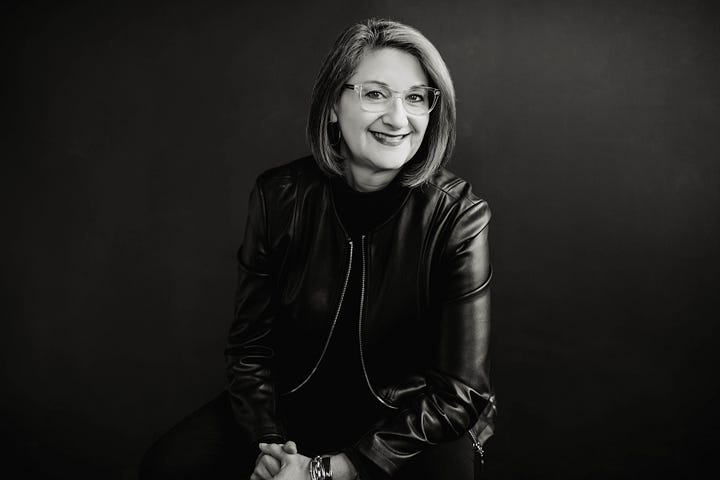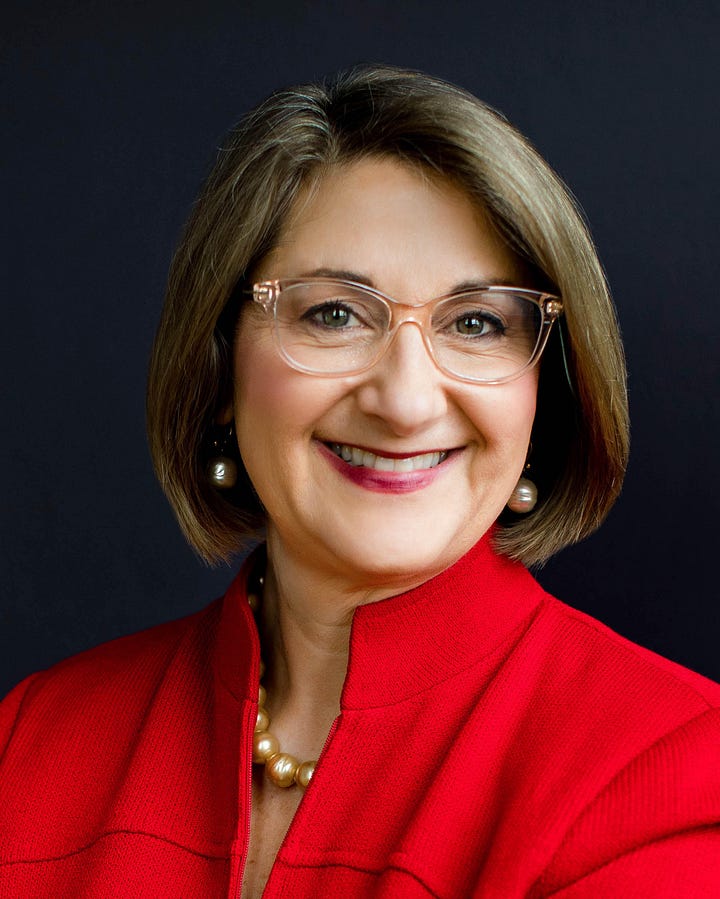I feel more comfortable in myself as a creative than I ever have.
I used to be wracked with anxiety around the idea that I did not have the world figured out. Now that state of unknown feels like a magical place to be—open to possibility, a sense of wonder about all I could become. A hunger to expand my worldview.
This state of unknown also gives me more courage to ask questions and the space to listen more deeply. I’ve been able to better appreciate the beauty of finding myself surrounded by brilliant people. To absorb their knowledge and learn from their experiences is a gift.
To honor and learn even more from these brilliant people, I’m launching the Creative Q&A Series.
The Creative Q&A series will explore different aspects of creativity with different artists, writers, musicians, photographers, fashion designers, and any other type of creative you could imagine from across the Midwest. These won’t be templated Q&As, but rather conversations around the ways creativity manifests in our lives with people from all walks of life.
My first Q&A is with fellow
writer .Suzanna de Baca is the CEO of Business Publications Corp. She’s held senior leadership positions in finance and healthcare organizations and an active board member for several organizations. She’s worked on Wall Street and written for publications like The New York Times, Wall Street Journal, Time, and Money Magazine.
She’s also a brilliant poet and an avid supporter of the poetry scene in Iowa. She is a staunch supporter of women in many ways and is consistently championing those around her. She has broken glass ceilings and reached right behind her to pull up the next person, and she always wears a pop of color while doing so.
She holds her business side and her creative side together with pride. She is a reminder that we never have to be just one thing if we don’t want to.
Suzanna has been a kind smile every time I’ve run into her in town. She has been a supporter of my writing since the beginning of my Substack and connected me with other opportunities since. She was kind enough to invite me to contribute to her “Leading Fearlessly” column alongside other Des Moines women I admire. She is a generous mentor, and someone I feel incredibly lucky to have met.
Subscribe to Suzanna’s Substack, Dispatches from the Heartland.
If you’re here, you probably love the Midwest, too. Consider subscribing and supporting my work as I lift up creatives in our region.


You've had an impressive career that has included everything from working on Wall Street to writing poetry. How do you balance the space your creative and corporate endeavors hold in your life?
For many years, I thought I had to keep my corporate and creative life somewhat separate. I was worried that being “too creative” might be considered unusual and in my early career of finance that was not necessarily an asset. However, I realized even in that career that writing – one of my passions – was a way I could share information or educate consumers. Over the years, I found other ways to incorporate creativity into corporate work or leadership; innovation, writing, design, and developing new initiatives allowed me to use those creative skills. It has been harder to carve out the space to paint, draw or write poetry when running companies, as those activities often require extended amounts of solitary time. In recent years, however, I have been intentional in carving out blocks of time to write on weekends or late at night after I’m done with my formal work. I find that being creative is energizing and rewarding and I think that actually helps me be a better leader.
What advice would you give to other people working in the corporate world who want to pursue their creative interests at the same time?
I think it is important to be clear about your goals and intentional in how you will combine your professional work and creative work. If your professional career is a creative field – such as design, writing, or performance, for example – is it providing the creative fulfillment you want? How can you maximize the creative aspects of that job? Talk to your leader and let them know of your interests; you may be surprised to find they are quite receptive as creative thinking is increasingly an asset in many fields. If you have creative interests that are separate from work, how can you make time for those activities in a way that does not inhibit your career success? I’ve found setting aside time and making boundaries to do creative work is critical. However, my advice on this question would be similar when folks ask me: “How can I have it all?” I tell them, “You can have it all, but maybe not all at the same time.” So consider what is most important now, and adjust accordingly.
What lesson(s) have you learned from the corporate world that you have implemented in your creative life?
Being in the corporate world has taught me a great deal about strategy, planning, discipline and execution. While those skills do not necessarily inspire art, they certainly help in the creative process. For example, in terms of my poetry, I schedule times to write, have routines in how I approach writing, and have specific processes for editing. I have set up systems for submitting poetry to journals that are similar to how I do project management for business.
You write about leadership in your columns for the Business Record. Can you talk about leadership in the arts world? What roles do leaders and role models play for creatives? How do you believe we can do a better job of creating spaces and opportunities for these role models to exist?
Leadership is important in any field or organization, whether it is about setting a vision, managing people and processes, implementing a plan or providing inspiration and support. In the arts world, leaders may be the people who help create structures and opportunities for creative people and endeavors – such as arts administrators or educators – or the leaders may be the artists themselves who are role models or inspire others. I know as an artist and poet, I constantly look for opportunities to learn from others, attend events or classes, or read others’ work for inspiration. Leaders matter!
You'll be embarking on a career change at the end of this year. Can you describe how you knew it was time for this transition?
Making the decision to transition from a CEO role, company and team I love so much was bittersweet. But a big part of my plan all along was to develop leaders and ensure there was a solid succession plan in place. What could be better than to help leaders grow and then give them a chance to spread their wings? It feels great to know I am passing the baton to another leader who is ready to carry on the important work of our company.
What can we expect to see from you once you transition out of your current role at Business Publication Corp.?
I am planning to stay involved in the community and engaged in leadership activities such as board service and CEO advisory work. But at this point in my life I’ll be making more space for creative endeavors. So you may see more leadership writing, speaking, art, poetry and performance in the future – stay tuned!
Thank you for reading my work. If you’re enjoying reading The Midwest Creative, consider subscribing.
The Midwest Creative is a proud member of the Iowa Writers Collaborative. Please consider a subscription to my brilliant colleagues’ work to support storytelling across the state of Iowa. All of these authors provide content for free, with paid subscription options. Pick one or more, and help sustain this movement.




